Seeing Things from a Different Perspective
Reframing Social Media
Please note: Blog posts like this one are not meant as a substitute for counseling or therapy. Talk to your doctor if you believe you might benefit from professional help.
Few aspects of my life cause me as much pain and suffering as social media. Conversely, social media is an incredibly convenient and effective method for staying connected with family and friends, building a sense of community among readers and fellow writers, and (sometimes) marketing my work. I have found, however, that social media consumption is a paradox: one moment I scroll through my Instagram feed, and I feel inspired, empowered, and entertained, while the next moment that scrolling dredges up a gray cloud of overwhelm, sadness, and feelings of inadequacy. This negative scrolling behavior is known as doomscrolling1, the obsessive, self-perpetuated cycle of scrolling social media feeds only to spiral through feelings of dread and despair.
When engaging fellow writers in conversations around this social media paradox (to determine if these feelings are unique to me or if others shared them), many report maintaining their accounts a necessity for staying connected to their writing communities, marketing their books, and growing their readership. Furthermore, the majority of those individuals also claim they wouldn’t be on social media at all were it not for the demands of marketing and engagement. In a survey2 of my Instagram followers who are also writers, the majority of participants reported negative reactions caused by scrolling disproportionate to positive responses. The writers indicated that while they enjoyed connecting with friends, writing communities, and good distractions, such as dog videos and funny memes, scrolling through their Instagram feed had sometimes caused an overwhelm of mental and emotional exhaustion, triggering feelings of envy, comparison, sadness, and worry.
The social media paradox is a construct that has fascinated me for quite some time. Feeling tethered to and/or obligated to engage with the notorious algorithm while simultaneously experiencing joy, pride, and entertainment has encouraged me to consider the level of control I have over my own emotions while scrolling. How much control do I have over how social media influences my mood? How can I reframe those negative emotions so that I don’t succumb to the adverse effects of doomscrolling? My answer? I can change the way I interpret my feed.
When relating the effects of social media to mental, emotional, and even physical health, while subsequently measuring autonomy and control, I’m immediately reminded of a specific Tarot card: The Hanged Man. In the Tarot, The Hanged Man (sometimes referred to as The Hanged One) encourages making a conscious change in perspective, as well as becoming inspired to see and/or understand an idea or situation in a different, unique way. The card also fosters surrender and enlightenment, two concepts that require a measure of awareness, acceptance, and self-control. As such, when it comes to doomscrolling, working with the energy of The Hanged Man card can empower us to reframe how we understand social media’s influence on our feelings in order to invoke positive mental, emotional, and even physical outcomes.
For a deeper dive into employing The Hanged Man card to help reframe social media in order to see things from a different perspective, I’d like to introduce you to an activity. Considering doomscrolling as an example, the following activity can help you reexamine your way of thinking about social media.
First things first, while scrolling your social media feed, intentionally pay attention to your negative feelings and/or emotions and name them.
Next, after identifying and honoring the emotion, try asking yourself the following questions. These questions were designed to help you reframe that emotion so that you can take back control of your response to it and foster a healthier relationship with social media. I recommend journaling your responses so that you can track the prevalence of your negative feelings toward your social media experience.
Therefore, when you feel [emotion], ask yourself [these questions]:
I hope these questions help you feel supported and empowered the next time you find yourself responding negatively to your social media feed. However, if you believe that you might benefit from additional support, I have found the following mental health resources extremely valuable:
About Mandy
Amanda "Mandy" Hughes is an author and instructional designer who uses the tarot to inspire storytelling. Her book Mystic Storyteller: A Writer’s Guide to Using the Tarot for Creative Inspiration and companion tarot deck are helping her peers do exactly that. She also writes fiction under pen name A. Lee Hughes. Mandy lives in Georgia with her husband and four sons, two of whom are furrier than the others (but not by much). Visit her website at www.haintbluecreative.com and find her on Substack @HaintBlueCreative.
Definition of doomscrolling. (n.d.). In www.dictionary.com. Retrieved April 20, 2022, from https://www.dictionary.com/browse/doomscrolling
Hughes, A. (2022). How does scrolling through social media make you feel? [Data set]. Instagram. www.instagram.com/haintbluecreative


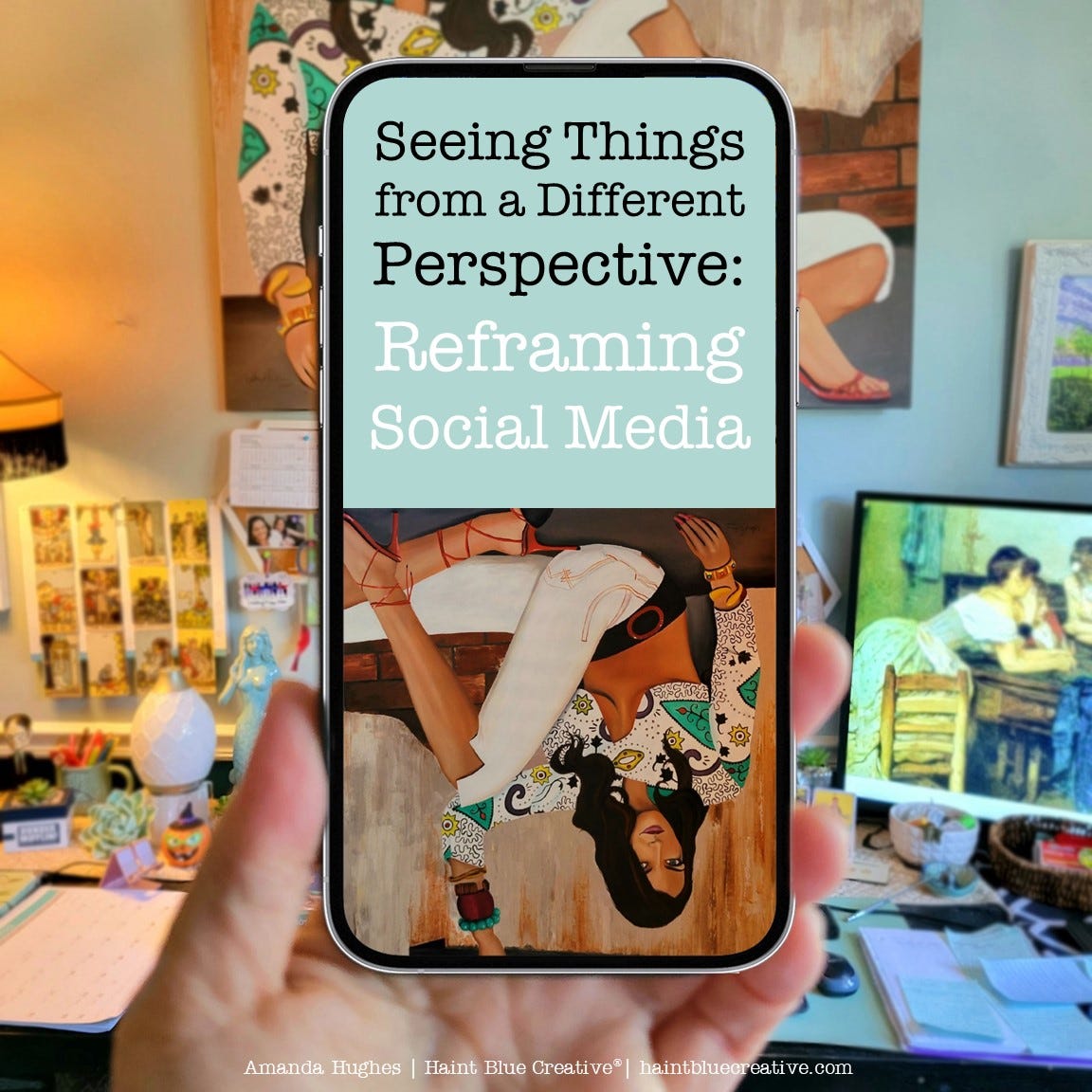
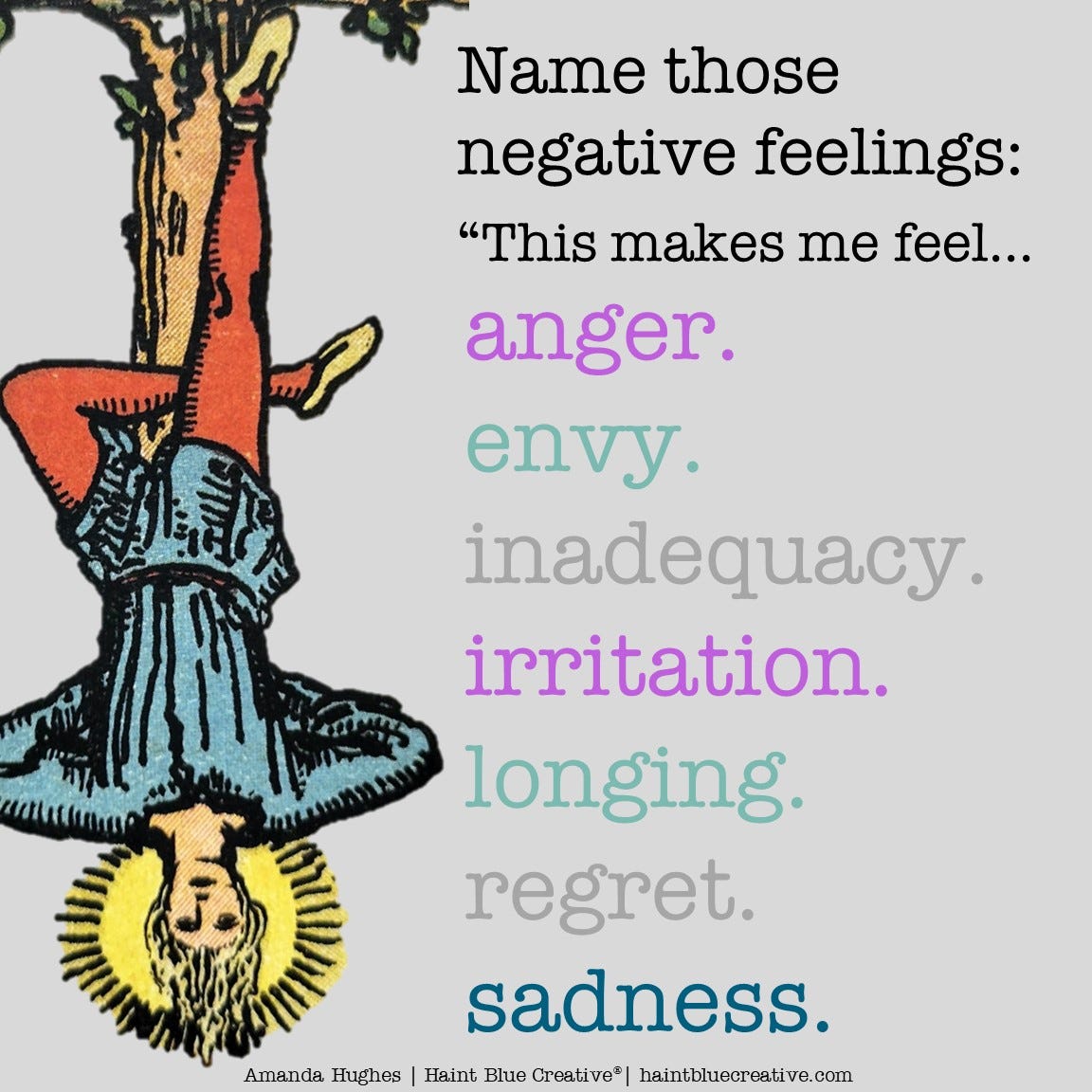


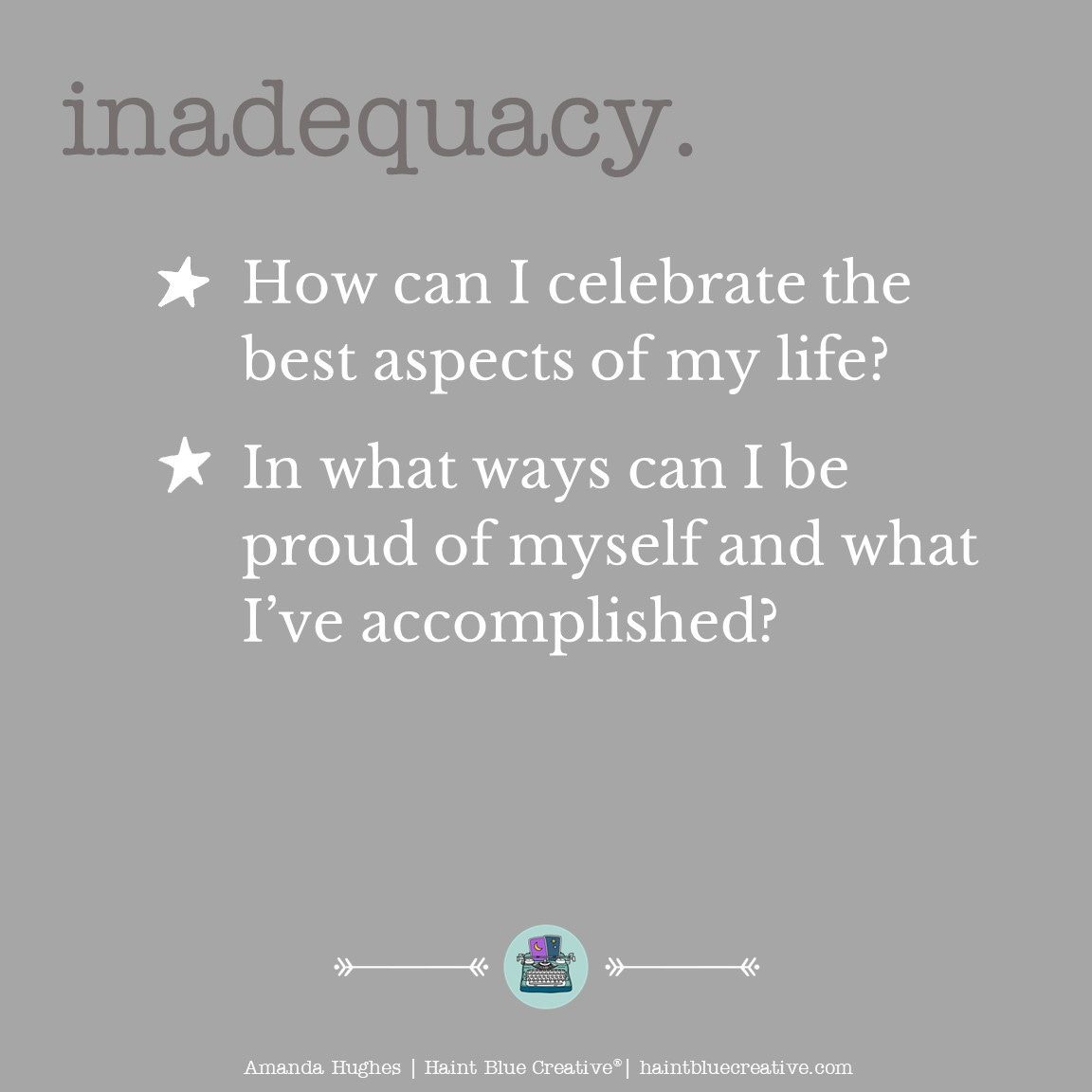
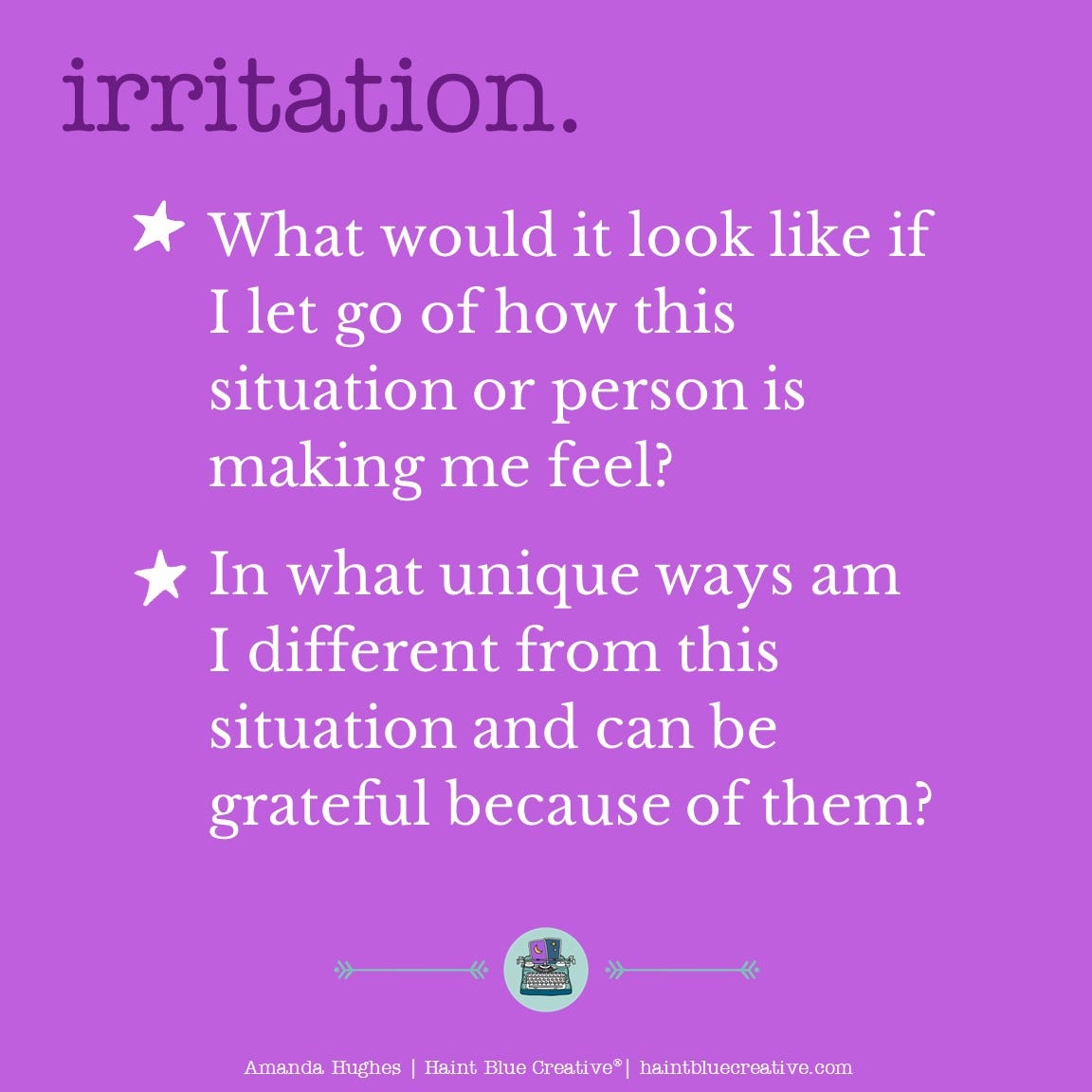
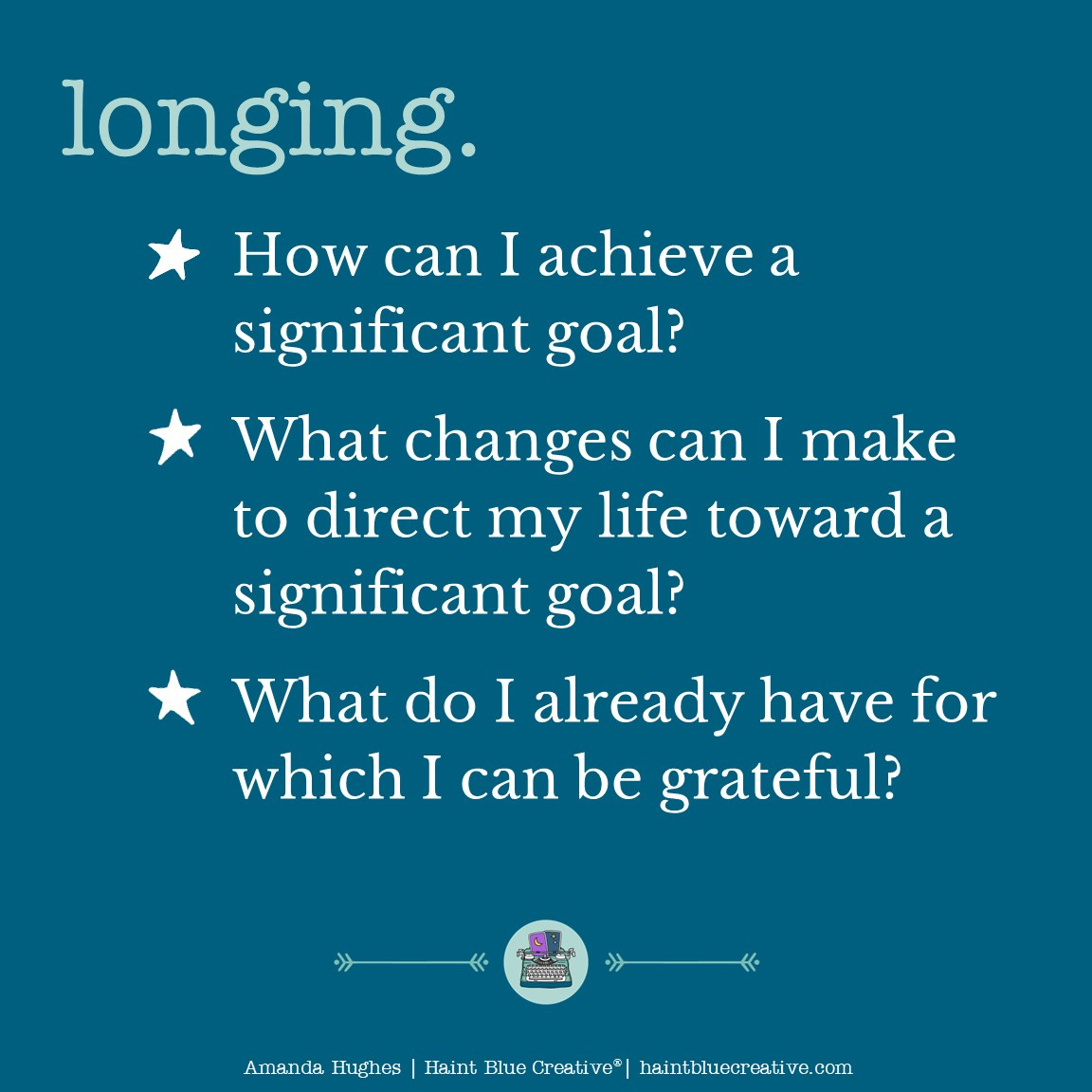
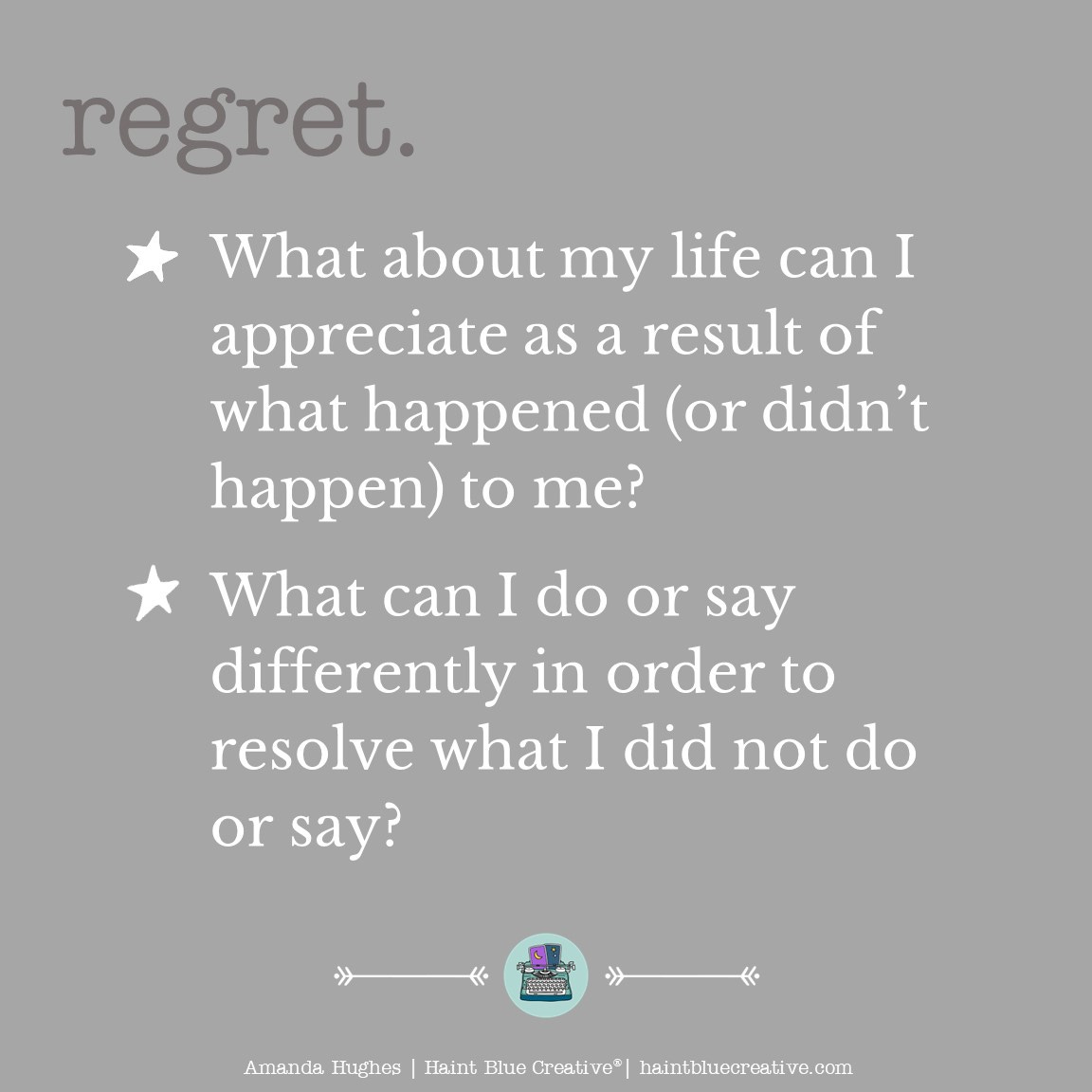

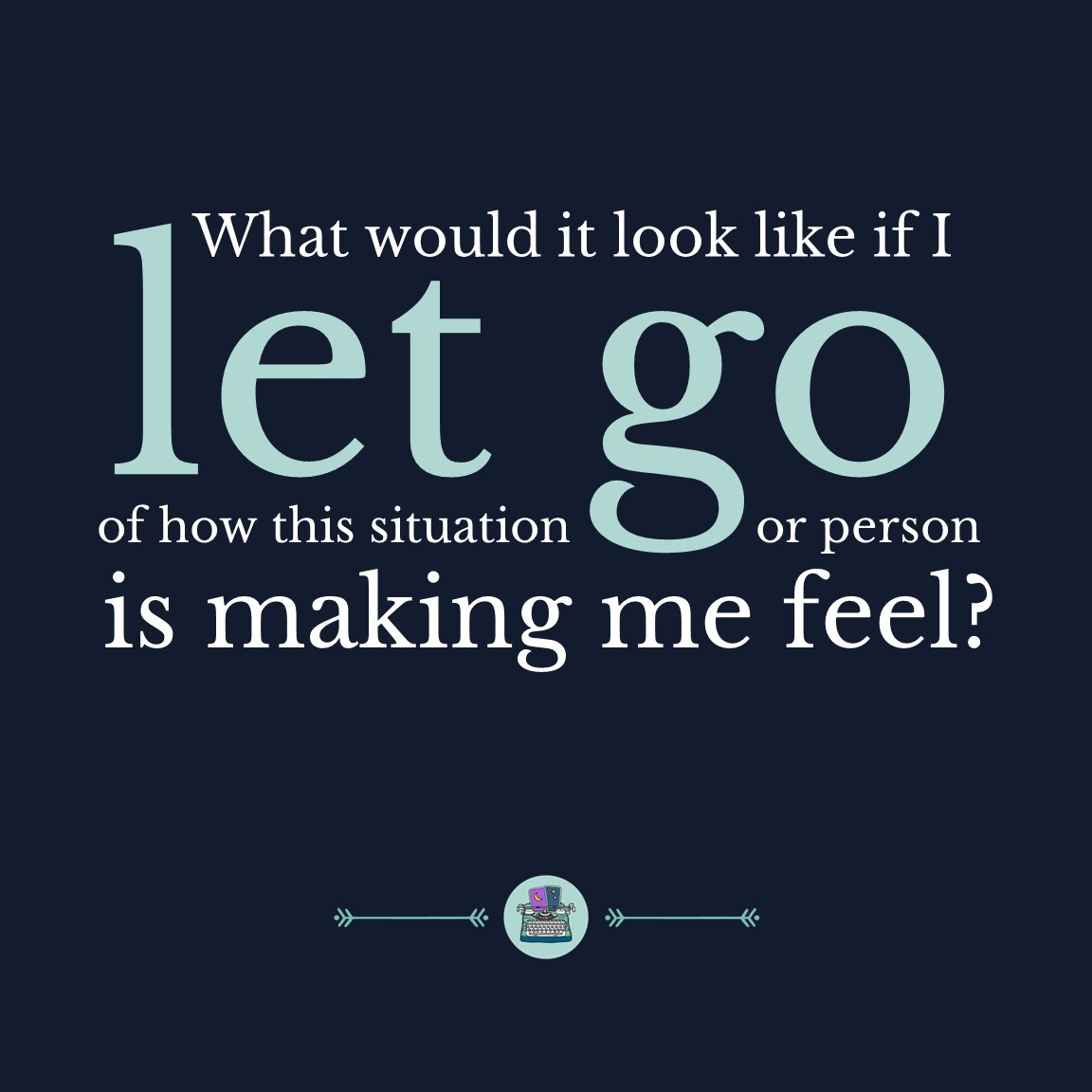
I think it’s cool you have interviewed other writers on the effects of social media on themselves. I liked your insight to the Hanged Man Tarot card in relationship to the potential negative emotions generated by endless scrolling.🌝🌚